Have your dog’s routine habits changed? Do you notice a drop in their energy level, along with discrepancies in eating and sleeping habits? If yes, then the chances are higher that your dog might be suffering from depression.
Similar to humans, there are many factors that may lead to depression in dogs. Sometimes it could be due to a sudden loss of a family member, either a human or another pet, a drastic change in the home environment, feeling of neglect, etc.
Humans can still express their emotions with their words but it is not easy for the dogs as they can’t speak. Here are 5 warning signs of depression that you should notice.
5 Warning Signs of Depression in Dogs
#1. Appetite changes
When dogs get depressed, there are two situations:
- They lose interest in food and stop eating.
- They overeat for comfort.
If you notice a sudden change in the appetite of your dog, along with drastic weight fluctuations, your dog might be suffering from clinical depression.
#2. Excessive sleeping
Similar to humans, when dogs get depressed, they often sleep more than they usually do. It is not easy to identify as dogs usually sleep for at least 14-16 hours a day. If your dog denies coming out of bed even after a long nap, it could signify depressive behavior.
#3. Loss of interest
Losing interest in things that your dog usually enjoyed doing is one of the major indicators of depressive behavior. If you notice your dog suddenly losing interest in activities such as playing fetch, going for walks, etc then he might be suffering from depression.
#4. Hiding and avoidance
If you notice your dog suddenly hiding from you and want to be left alone all the time, it could mean that something is troubling your dog. It could be a physical injury, pain, or even emotional trauma.
#5. Licking paws
This is one of the actions that you can easily notice. Depressed dogs will often lick or chew their paws to soothe themselves. If you see your dog excessively licking or chewing on its paws, it is a sign of depression.
What to do
If you notice any of the symptoms of depression that we mentioned above, take your dog to the vet immediately. It is important to make sure that these symptoms are not caused by any physical illness. If the vet clears your dog’s physical health, you need to visit a pet psychiatrist.
Another way to get your dog out of the depressive state is to maintain the routine that your dog used to enjoy before any traumatic event.
Tips
- Keep feeding them on time and give them food that they love.
- Take your dog for long walks and play with them.
- Try to engage them in activities that they used to enjoy.
Share your thoughts with us in the comments below!

 DogExpress
DogExpress

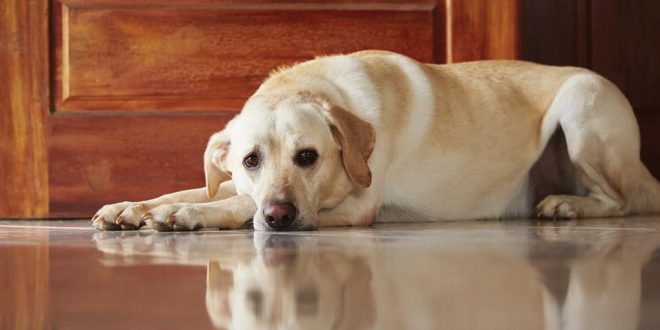
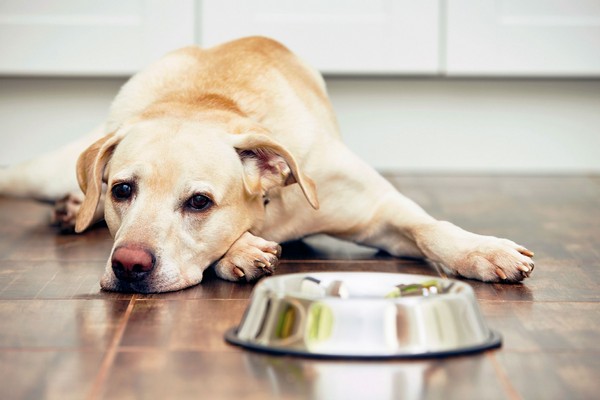



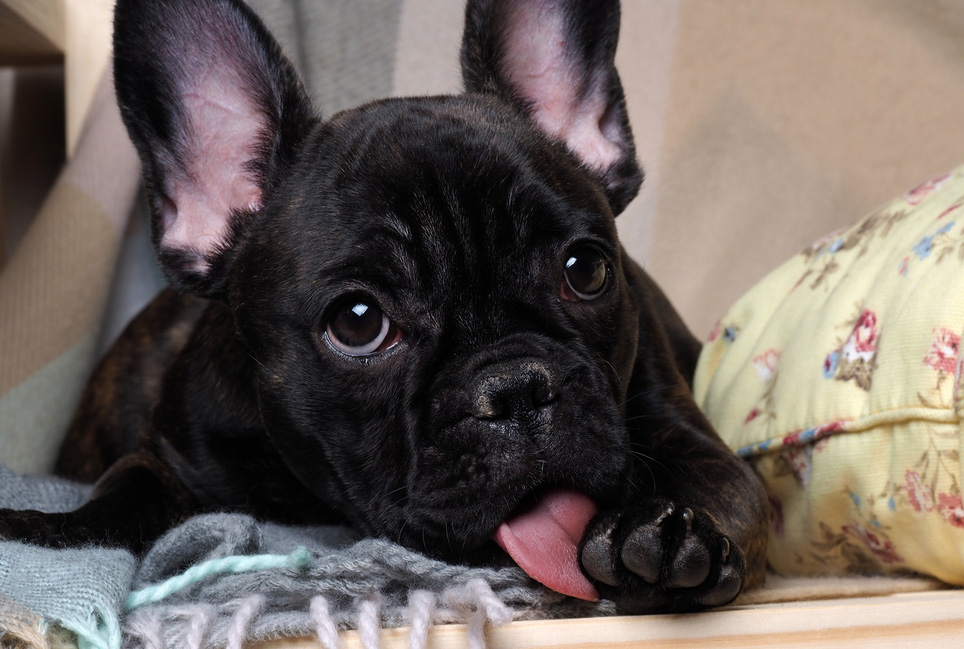
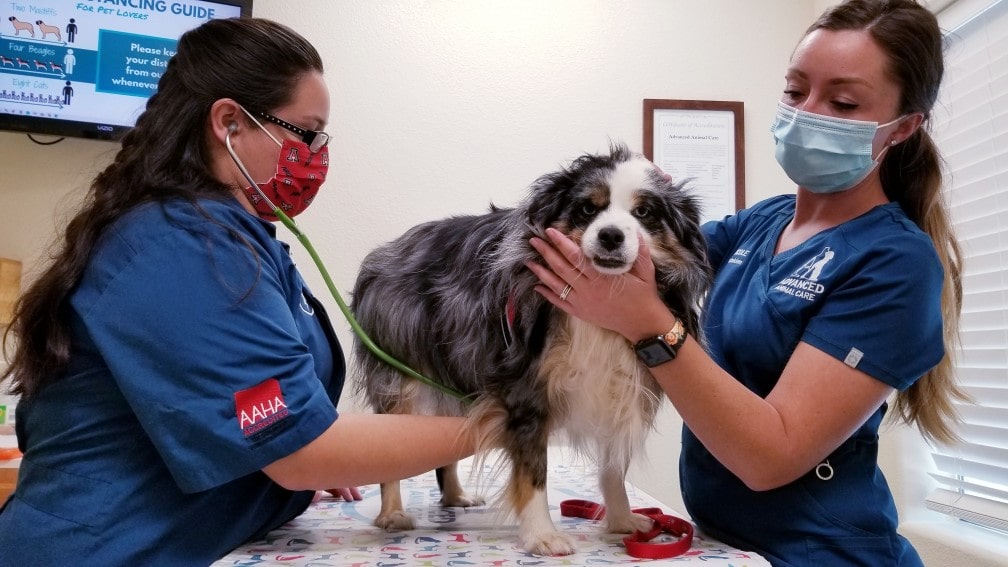
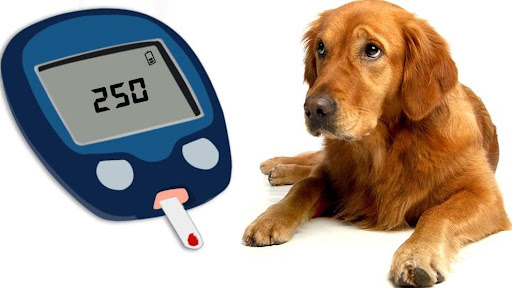

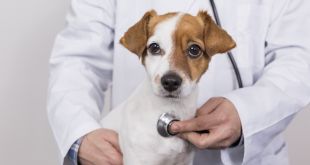












 in Chandigarh, India.
in Chandigarh, India. 
